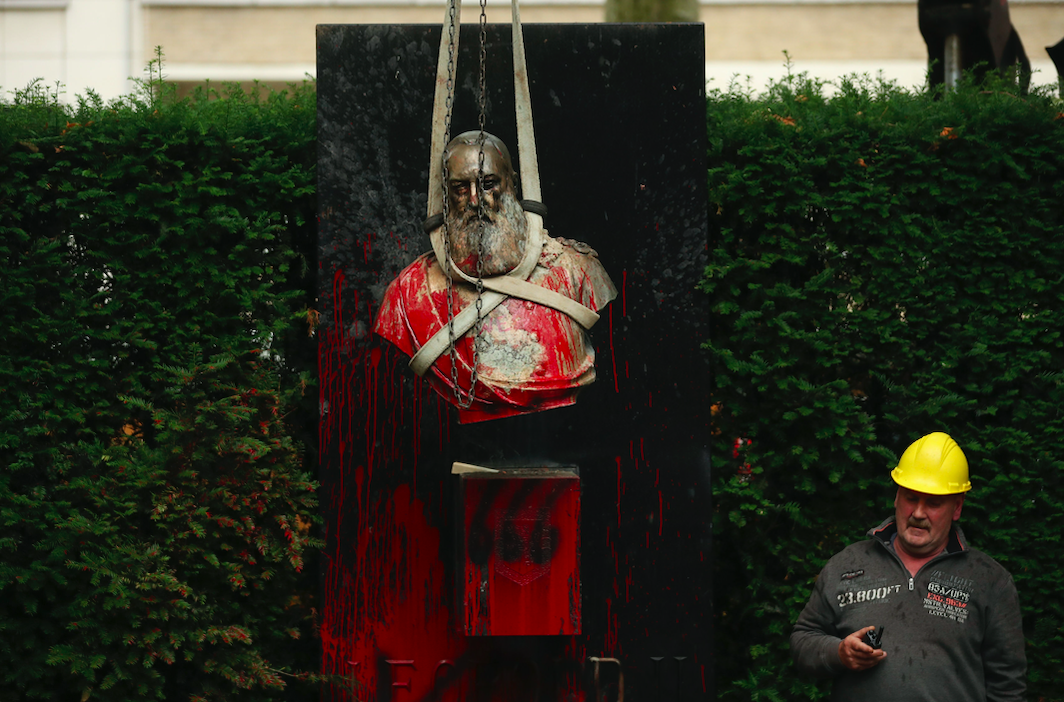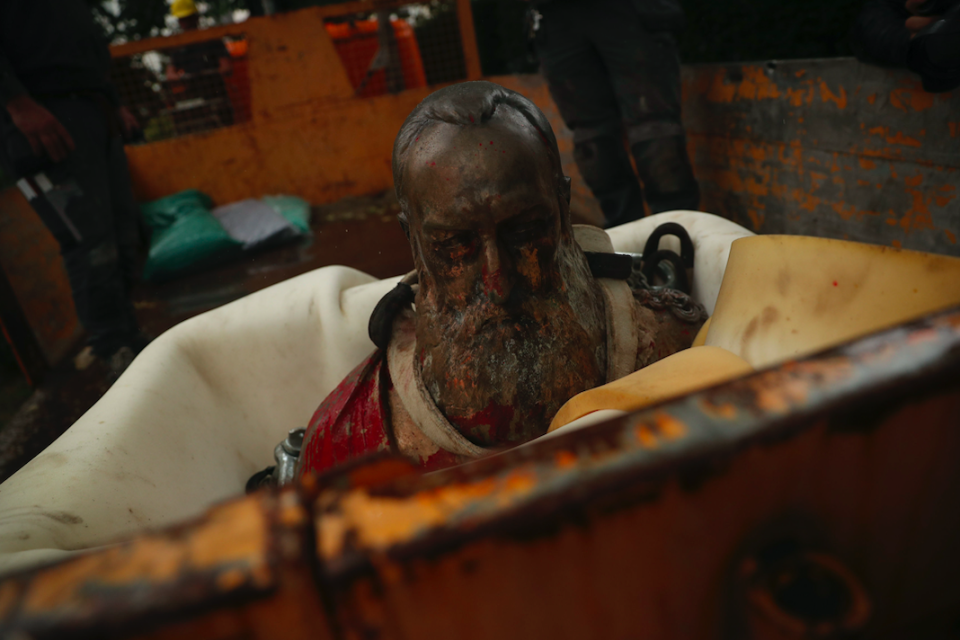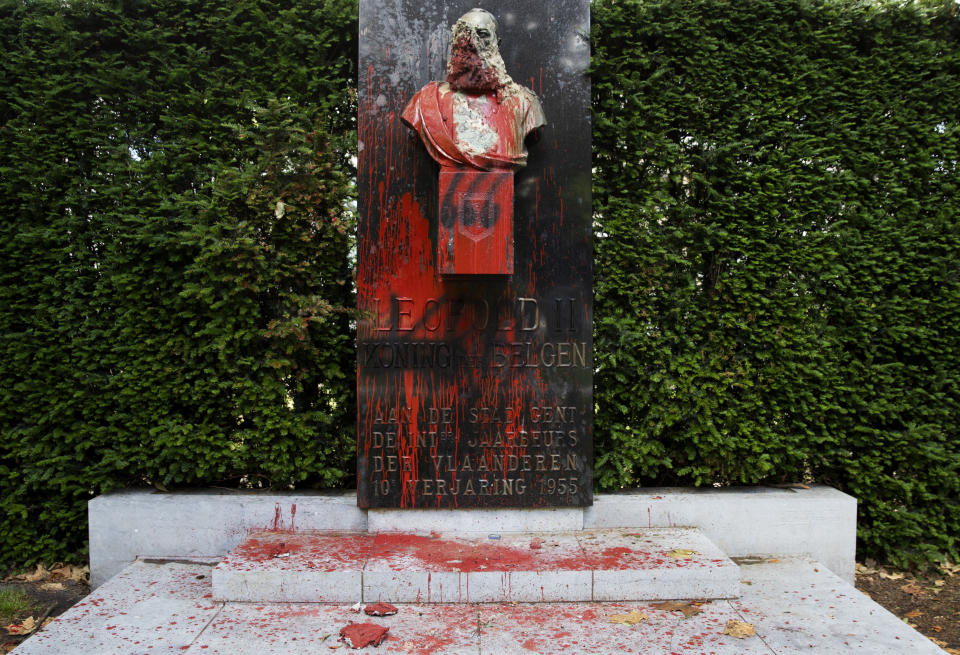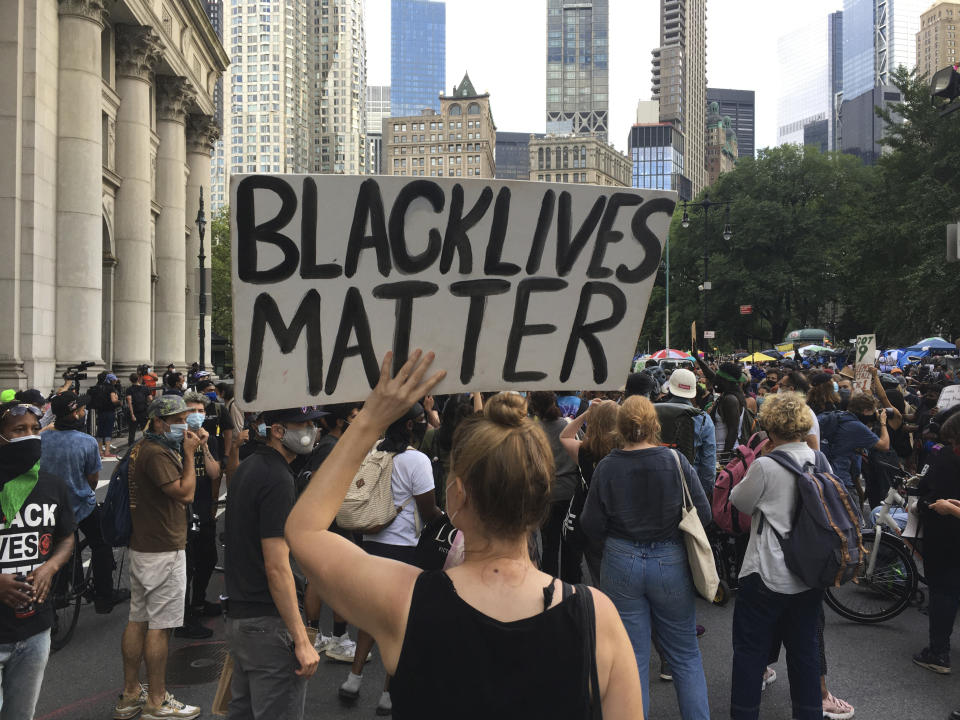Belgium takes down statue of former king over millions of deaths in colonial Africa

A statue of former Belgian king Leopold II has been removed in the city of Ghent as Belgium marked the 60th anniversary of the end of its colonial rule in the Democratic Republic of Congo.
The removal of the monarch's likeness on Tuesday took place only hours after Belgium's King Philippe expressed his "deepest regrets" for the violence the one-time colonial power inflicted on Congo and its people during the late 19th century and early 20th century.
Leopold ruled Belgium during 1865-1909 and plundered DR Congo as if it were his personal fiefdom, forcing many of its people into slavery.
Recent Black Lives Matter protests against racism have given momentum to efforts to have monuments to Leopold removed.
It was the first time in Belgium's history a reigning king has expressed regret for the violence carried out by the former colonial power when it ruled over the African country.

King Philippe conveyed his "deepest regrets" for "acts of violence and cruelty" and the "suffering and humiliation" inflicted on Belgian Congo in a letter to the president of the DRC, Felix Tshisekedi, published on the 60th anniversary of the African country's independence.
Philippe wrote: "To further strengthen our ties and develop an even more fruitful friendship, we must be able to talk to each other about our long common history in all truth and serenity.”
MORE: Could Bradford be next for local lockdown?
The letter was sent amid growing demands that Belgium should reassess its colonial past.
In the wake of the protests against racial inequality triggered by the death of George Floyd in the US, several statues of King Leopold II, who is blamed for the deaths of millions of Africans during Belgium's colonial rule, have been vandalised, while a petition called for the country to remove all statues of the former monarch.

"Our history is made of common achievements, but has also known painful episodes. At the time of the independent State of the Congo, acts of violence and cruelty were committed that still weigh on our collective memory," Philippe wrote, referring to the period when the country was privately ruled by Leopold II from 1885 to 1908.
And the reigning monarch acknowledged: "The colonial period that followed also caused suffering and humiliation.”

Leopold ruled Congo as a fiefdom, forcing many of its people into slavery to extract resources for his personal profit.
His early rule, starting in 1885, was famous for its brutality, which some experts say left as many as 10 million dead.
MORE: Couple travelled to collect heroin with two-year-old in back seat
After his ownership of Congo ended in 1908, he handed the central African country over to the Belgian state, which continued to rule over an area 75 times its size until the nation became independent in 1960.
"I want to express my most deepest regrets for these wounds of the past, the pain of which is today revived by discrimination that is all too present in our societies," Philippe wrote, insisting he is determined to keep "fighting all forms of racism”.


